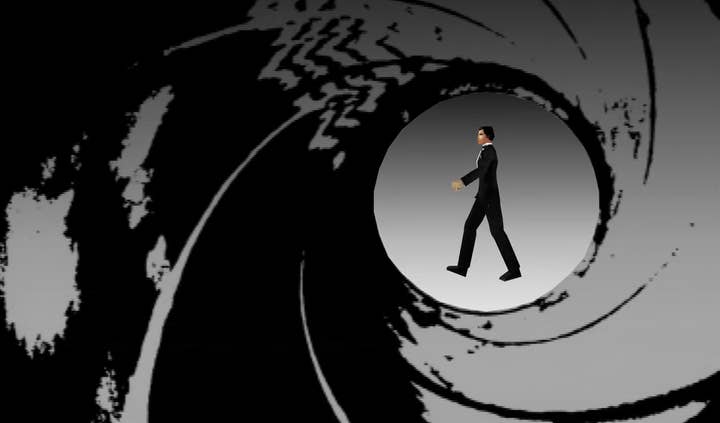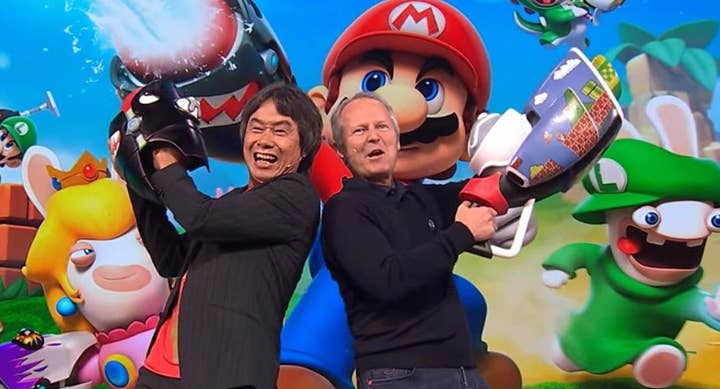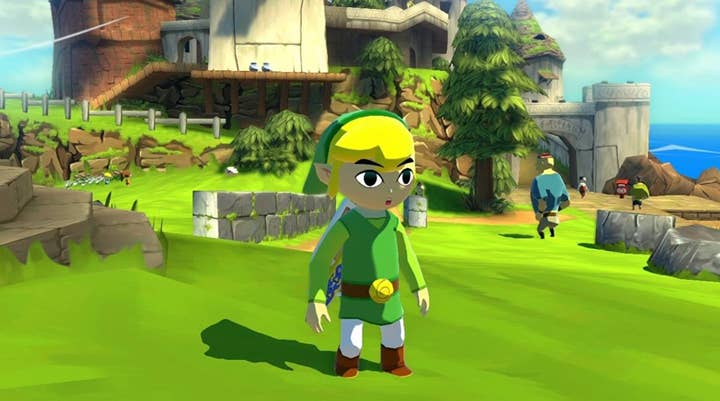Nobody really wins when a video game leaks | Opinion
Getting a leak wrong is inevitable and lets everyone down
Yesterday’s Nintendo Direct was pretty good.
There were perhaps a few too many farming games and remasters, and it was a bit JRPG heavy (although that’s perhaps fair enough, considering the event’s proximity to Tokyo Game Show). But when it comes to the key headlines, I felt the show delivered. Pikmin 4 and Fire Emblem Engage are AAA Nintendo games, albeit from slightly smaller franchises. Goldeneye was there to delight oldies like me, and a release date and title for the next Zelda… you don’t get any bigger than that.
Yet when I took to social media to see the consensus, I noticed a bit of disappointment. Of course, these events can never please everyone, but the overriding reason for the disappointment seemed to centre on the absence of two games in particular: The Legend of Zelda: Wind Waker HD and The Legend of Zelda: Twilight Princess HD.
Those two games are remasters of Nintendo Gamecube titles. They were originally released on Wii U and remain two of just a handful of games that have yet to transition from that console to the Switch.
Why did fans expect to see these games during this Direct? Because they were told to.
Two prominent journalists stated publicly that they were ‘very, very sure’ that Wind Waker and Twilight Princess would be revealed. As a result, the rest of the media world reported on it. Many of the stories ahead of the Direct even featured a Wind Waker screenshot as the header image. By the time the video started, it felt like a foregone conclusion that these games would be there.
No matter how reliable the journalist or how concrete the source, things change
Now these journalists are reliable, talented and well-connected guys. And most of their other leaks, including that the next Zelda game’s date and title would be revealed, were spot on. But they got this one wrong, and in the end, everyone lost out: Nintendo, the fans and the journalists themselves.
To be clear, these journalists were not lying. I used to work on a weekly video games newspaper, and we’d often get sent information ahead of a reveal, particularly when there’s an announcement happening after we go to press but before the paper comes out. And there were numerous times when the thing we’d printed turned out to be wrong. Once, we got the launch price and configuration of the Nintendo Wii wrong. In one particularly memorable moment for me, I was given the press release for one of PlayStation’s Gamescom presentations five hours before they took to the stage… and four of the things in the release never happened.
I am sure any PRs reading this will have hundreds of such stories. One of the most famous moments at E3 1995 was Sony revealing the $299 price point for the first PlayStation… but 12 hours earlier it was going to be $399.
The point I’m making is that no matter how reliable the journalist or how concrete the source, things change.
I don’t like leaks. Some of my friends in the games media have suggested I’m just playing into the marketing strategies of corporations, and I concede my role as a business journalists perhaps gives me a skewed perspective. But I also don’t like them as a fan. I am that kid that wants to be surprised come Christmas morning. I wanted to find out Goldeneye was coming out the way I was supposed to, during that moment when the screen went black and with that familiar atmospheric music. Not in January via an Xbox achievements website.

But outside of personal preference, I believe that a game reveal is far more significant than just a beat in a marketing plan. The announcement is the first time the player ‘experiences’ that game. The first time people touch a piece of entertainment isn’t when they boot up the title, it happens far earlier… with that first trailer, or that keyart, or that opening statement form the director. This is why I think it’s vital that the developers themselves are always involved in a game’s marketing. It’s more than just selling a product, it’s setting the scene and the tone and hinting at the adventure ahead. You can’t get that from a blurry off-TV photo or a tweet from a social media influencer.
Recently I interviewed Mario + Rabbids creative director Davide Soliani and we talked about the leak of the first game, which initially upset fans. You could argue the leak here worked in the developer’s favour. The expectations were so low that when the game was revealed and it turned out to be good, it became one of the surprise packages of E3 2017. It perhaps enabled the game to get more attention than it would have done, particularly considering Nintendo’s big title at the event was a new Mario platformer.

But try telling Soliani the leak was a good thing, after he had received ‘the worst messages’ from players and was a nervous wreck before the game was revealed. Mario + Rabbids was supposed to be shown with its epic music, its unusual gameplay, and with Miyamoto wielding a laser gun. It wasn’t supposed to be leaked on a YouTube channel, with the leaker getting the genre wrong.
Of course, the one thing that leaks do is boost followers, subscribers and traffic. Sometimes when you’re building a brand, whether that’s a media brand or a personal brand, you are looking for that thing that will get you in front of gamers and peers. And if you’ve been told that a major game is about to be revealed, you can fully appreciate the temptation to take that gamble and make that leak.
But in the long term I only see game leaks as damaging, and not just to the bottom line of the corporations who are selling them.

